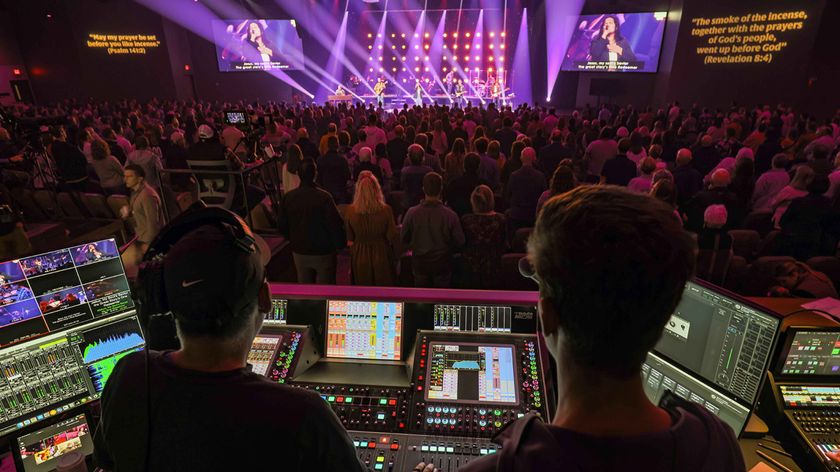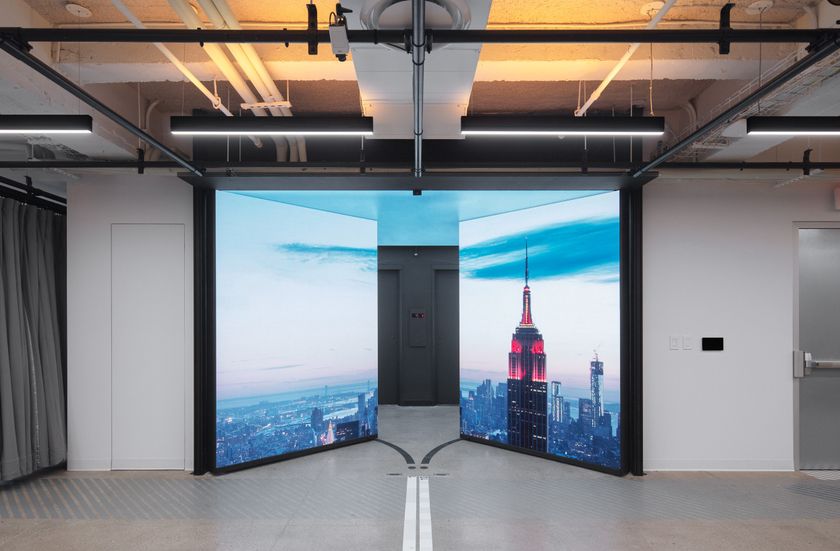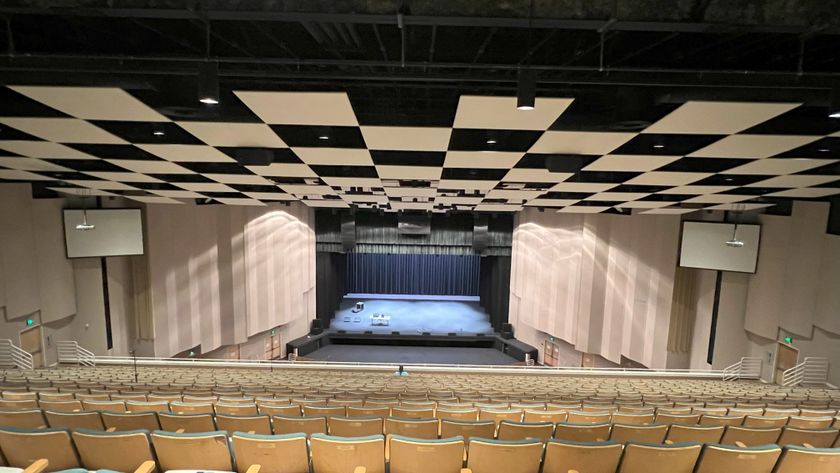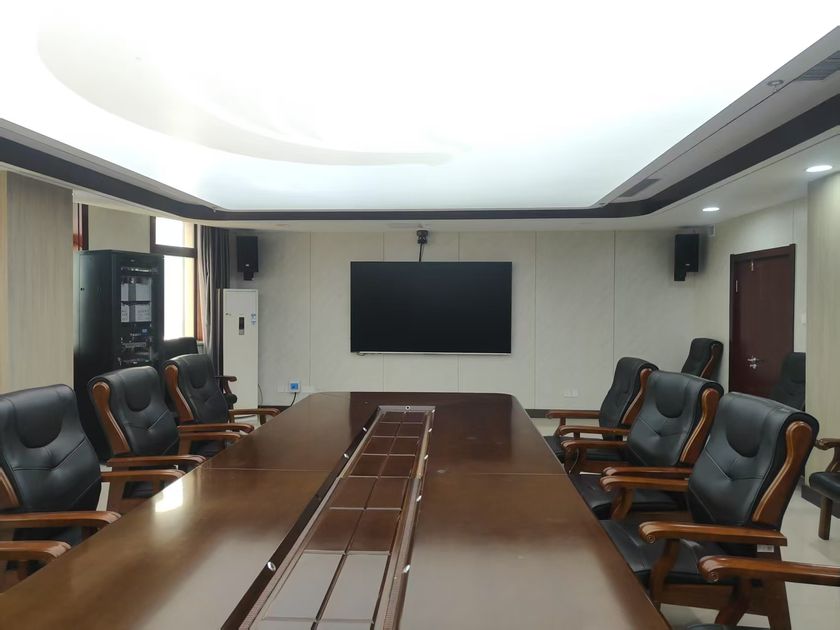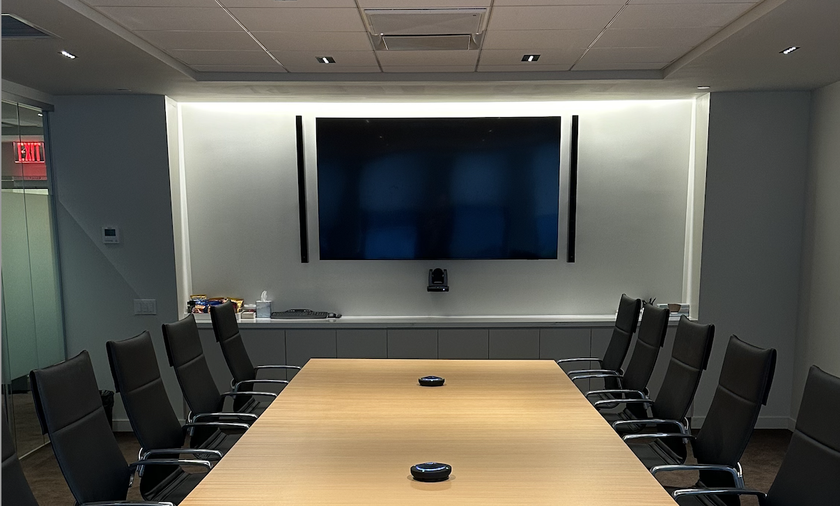- In the days just before sound reinforcement products became widely available and the business of sound contracting was born, there thrived a phenomenon known as dance-hall music. Without speakers, amps, microphones or any processing in between, musicians played for crowds undistracted by mobile phones and various text messaging devices. And somehow, everyone was entertained.
- Record players were creeping into average households at this point, and of course "the wireless" brought distant sounds, but music was still a regional affair. However these localized styles of pop music weren't immune to influences from elsewhere. In France, for example, the popular musette tunes that filled dance halls were a sonic conglomeration of French bagpipes, Italian accordions, and Gypsy guitars played by musicians who agreed to disagree on style. The foundation that somehow kept these varying tones together was rhythm. Give the people something to dance to, and their nationality won't matter.
- The popularity of Musette created a huge demand for musicians, and this attracted a young Gypsy named Django Reinhardt to the scene. The legend of Reinhardt is fairly well known. A child prodigy, he began playing at the age of 12, and he had a secure income wherever there was a dance hall. The other part of Reinhardt's legend is the one that gets mixed up whenever it's told. He was missing fingers, or he didn't have a left hand, or he had alien hand syndrome. In actuality, his left hand was badly burned in 1928 and he had to re-learn how to play guitar with only three fully functional fingers.
- Collectors of 78s will attest that this is where Reinhardt's genius was born. Where before he simply played for an audience, latching on the popular music of the day and playing it with ease, he now had to think about what he was playing. This made him musically curious, and after he heard American jazz music on one of those new-fangled record players, his ideas about what would make people dance changed forever.
- This sudden inspiration wouldn't have amounted to much if Reinhardt hadn't met a like-minded musician named Stéphane Grappelli and two others who wanted to form a quintet. These latter two were deeply philosophical about jazz music, and actually believed that the style was a universal language. Together they founded The Quintet of the Hot Club of France.
- Reinhardt's mastery of the universal language of jazz and the regional musette style blended together to create a new form of music that attracted still larger dance-hall crowds. He had taken what he'd learned from playing to an audience and improved on the elements that made the music swing.
- This process of combining influences to create a new language that audiences could easily grasp is one that is equally crucial today. With so many new interfaces introduced with a countless number of new products in systems integration, the ability to translate the different languages and create a simple operating scheme for a client is invaluable. Just as Reinhardt absorbed the nuances of varying styles of music and distilled them into a sound that clearly communicated a rhythm, it has become necessary to learn the inner workings of technology and present only the basic dance steps to clients. Hopefully all these conflicting interfaces will come together in a neat package, potentially even over a standard communications protocol, but for now, your job as a technician is to find the right notes and make music.
- --Kirsten Nelson
